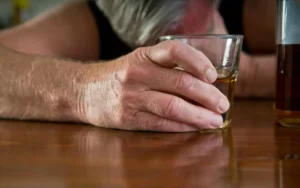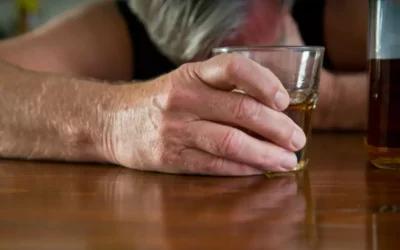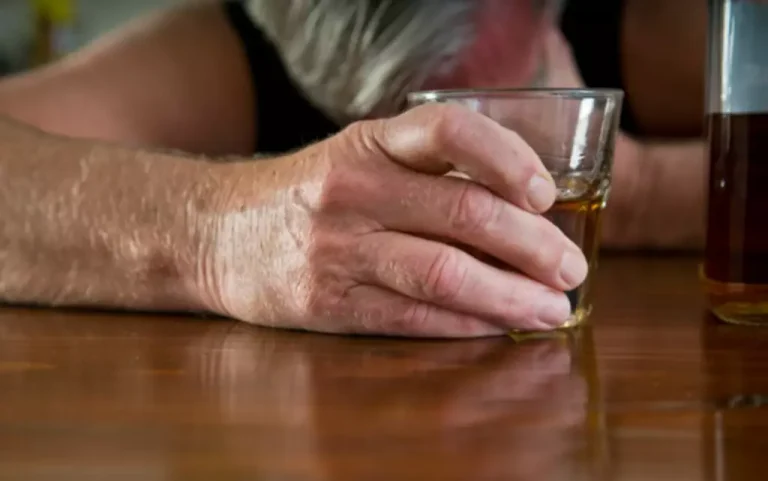Why We Like to Drink: A Functional Magnetic Resonance Imaging Study of the Rewarding and Anxiolytic Effects of Alcohol

If you’ve ever been drunk, you’ve undoubtedly had at least one moment where you said something that made you cringe with regret the following day. To resist the lure of alcohol, willpower alone is often not sufficient. I had to find and get rid of the empty cat food can to solve my cat’s trash can raids. But there’s another side to this coin—the avoidance of pain. Beyond seeking pleasure, avoiding pain is perhaps an even more powerful force. My cat didn’t just try to get behind the cabinet door for a feast.
The rewarding effects of alcohol in striatal brain areas

Similarly, functional magnetic resonance imaging (fMRI) studies have shown striatal activation in response to drugs of abuse such as cocaine (Breiter et al., 1997) and nicotine (Stein et al., 1998). Accordingly, the mesocorticolimbic reward circuit is important in the development and maintenance of addiction (Koob et al., 1998). Behind only tobacco use and obesity, alcohol use is the third most common lifestyle-related cause of death in the United States (Mokdad et al., 2004).

Do You Genuinely Like The Feeling Of Being Drunk?
Heavy intoxication can represent a cathartic release of built-up anger, frustration or depression. And in many social settings, being able to keep up drink for drink provides status and belonging. For young adults, these small acts of rebellion help define their transition into independence and identity. In our modern, fast-paced world where many feel overworked and exhausted, drinking can represent a sanctioned timeout where one can shake off the worries of life for a night. It provides a sense of shedding the endless responsibilities and pressures of adulthood, at least briefly.
How Long Does Alcohol Bloating Last? Timeline + Tips
Alcohol-mediated anxiolysis what does being drunk feel like may result from disruption of threat detection circuitry. Decreased differential response may increase approach while decreasing avoidance, thus facilitating social interaction. Identifying the early stages of alcoholism can help prevent dependence and addiction. Some individuals may need additional help breaking their addiction to alcohol.
The shared enjoyment of drinks can help both foster existing relationships and facilitate new connections. As discussed earlier, alcohol’s effect on increasing dopamine levels plays a large role here. The release of this neurotransmitter generates pleasure and reward sensations that lighten one’s mood.

When you drink a lot, your body and brain functions slow down considerably. I say this from a place of tough love as someone who used to get drunk, say terrible things, and pick fights with people I cared about. Every sober day is a gift to myself and penance to them for the damage I wrought for so many years.
- Underlying emotional issues such as unresolved trauma, unresolved conflicts, insecurities, or unexpressed emotions can contribute to people getting drunk and saying mean things through a variety of mechanisms.
- As blood alcohol concentration levels rise, alcohol begins to exert its effects on the brain.
- Another consequence of alcohol use is possible legal issues, such as being caught driving under the influence of alcohol (DUI).
- It was common for me to drink so much that I couldn’t remember how I got home, nor much of what I’d done the night before.
- For example, Klein et al. (2003) found no significant differences in activation could be found between pleasant and unpleasant stimuli in men, but significantly more activation to unpleasant than pleasant cues in women.
Association between self-reported intoxication and neural activity

None of these studies, however, has examined differences among these groups in the effects of acute alcohol administration. These studies could enhance our understanding of how the neural correlates of intoxication and emotion contribute to addiction and risky behavior while intoxicated. In addition, it is possible that attenuation of the alcohol-mediated striatal BOLD response could be used as a surrogate marker for the clinical effectiveness of medications being developed for the treatment of alcoholism. This study is the first to use fMRI to measure BOLD activation during intravenous alcohol infusion. The rapid intravenous administration of alcohol allowed us to achieve pharmacologically effective concentrations quickly, thus reducing acute adaptation and providing a clearer picture of the Halfway house direct effects of alcohol.

